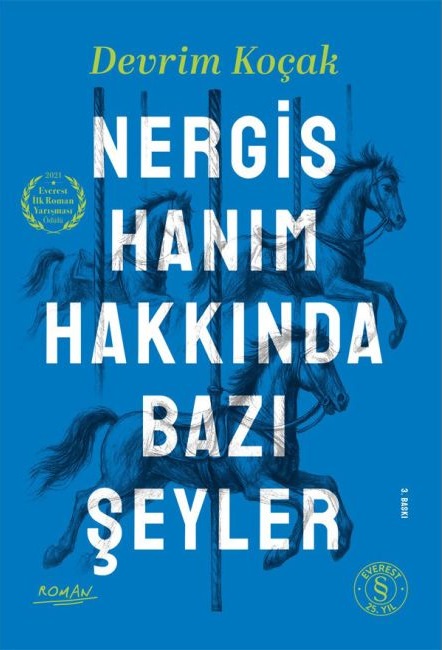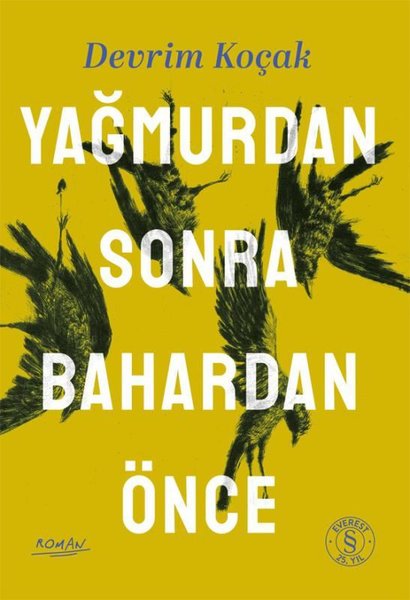Can Raskolnikov’s murder be justified by the theory of “ordinary” and “extraordinary” people?
The murder committed by Raskolnikov in Dostoyevsky’s Crime and Punishment is linked to his theory of “ordinary” and “extraordinary” people. However, can this theory truly justify murder? The answer to this question must be thoroughly examined, both within the novel’s internal dynamics and its philosophical dimensions.
What is Raskolnikov’s Theory?
Raskolnikov argues that “extraordinary” people (people who make history, like Napoleon) can violate moral rules and even commit murder for the benefit of society. In his view, such people are above “ordinary” laws, and their actions should be judged by their consequences. If a person serves a greater purpose, a minor crime (even murder) can be overlooked.
Does Theory Justify Murder?
Failure in Practice:
Raskolnikov kills the moneylender woman to test his theory, but this act destroys him spiritually. He experiences remorse and paranoia, demonstrating the practical ineffectiveness of his theory. If he were truly “extraordinary,” he should not have felt such regrets.
Moral Collapse:
The murder alienates Raskolnikov from humanity. His meeting with Sonya and his confession demonstrate the fallacy of his theory. Dostoevsky emphasizes that moral values and the human soul cannot be resolved through strict utilitarianism.
Religious and Ethical Dimension:
The novel explores the theme of redemption (salvation) based on Christian morality. Raskolnikov’s eventual confession and suffering demonstrate the invalidity of his theory before God. His claim to be a “superior man” is a reflection of his pride, and this pride is ultimately shattered.
Social Criticism:
Raskolnikov’s theory is a critique of the nihilistic and utilitarian ideas of the time. Dostoevsky argues that human life cannot be solved by a mathematical equation and that every individual has sacred value.
Theory Cannot Be Justified
Raskolnikov’s theory can never truly justify murder. The suffering he experiences throughout the novel and his eventual surrender prove the fallacy of this idea. Dostoevsky criticizes any ideology that denies the moral and spiritual depth of humanity. The myth of the “extraordinary man” is Raskolnikov’s arrogance, and true redemption is possible only through repentance and repentance.
In short, Raskolnikov’s theory cannot justify murder because human nature and morality are too complex to be explained by strictly rationalist theories.


